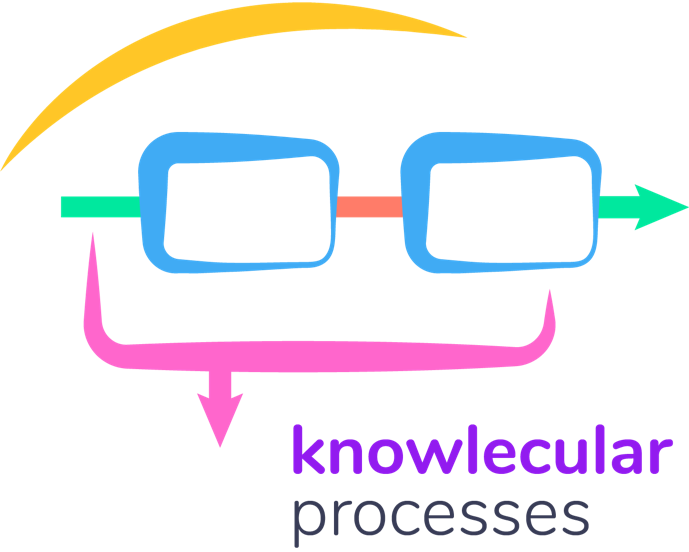Four considerations about competition in innovation
We often think about innovation as a competitive endeavor, but mostly you’re competing against yourself and your own standards. Here are four things to consider about the competitive nature of innovation.
inside information. Seldom will you have inside information about what your competitors are working on, and so it’s probably best to spend resources delighting your own customers than spending them on guessing about your opponent.
deception. Innovation is usually more like swimming or track and field -- where deception does not play a major role in the arena -- than football or basketball, which in many ways rely on deception.
process. Because innovation (again, or swimming) relies less on deception than does war (or football), you can create more stable processes that can produce value over time. In war if you create a “process”, your enemy can learn it and find ways to subvert it. In innovation, you can only subvert an opponent’s process indirectly as stated below these bullets.
benefits. A benefit of knowing that your opponent is improving over time is that you must create methods to improve also. This benefits your service to your Customers and to society.
As the third bullet (process) suggests, one place where innovation and competition do intersect is in how you DRIVE your competition. The famous former football coach Bill Walsh said, “If you’re well-prepared, you force your opponent to take more risks.” The idea is to entice your competition into actions that distract them or that are very costly to them. If your competition knows by your repeated action that every 3 months, you’re going to introduce a new innovation -- sometimes a blockbuster, more commonly a nudge -- they will feel the pressure to keep up. However, if they lack the disciplined innovation process that you have, more of their innovations will fail, causing you to win more, and in addition, exposing new ideas from their side that might be poorly executed, but actually provide more great starting points to your team! I personally haven’t seen this approach practiced much in the Chemical Processes Industry. As in any competitive situation, this approach seems like it would require discussions with experts in the ethics of business (e.g., R. Edward Freeman of the University of Virginia).

